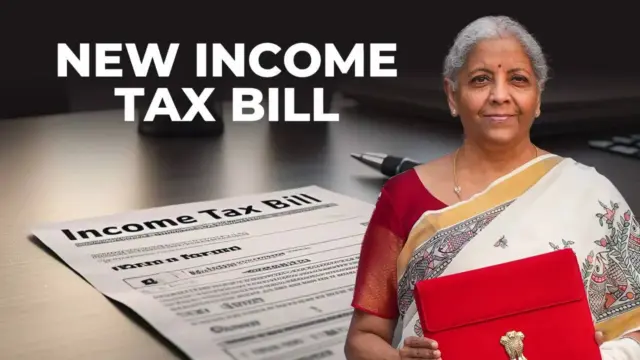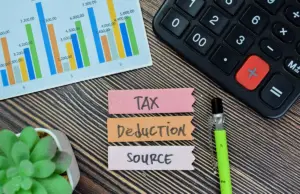Finance Minister Nirmala Sitharaman presented the new Income Tax Bill 2025 to Lok Sabha on Thursday. It was first presented to the Lok Sabha and then forwarded to the Select Committee for inspection. Lok Sabha Speaker Om Birla has so-called off lower house business until March 9. The second budget session will start on March 10 at 11 a.m. The committee might provide its report on the first day of the second budget session. Parliament will review the final report this committee produces to pass the measure.
Let me tell you, the government, in the new bill, has given legislation simplification priority. The new law will replace the previous Income Tax Act of 1961, which has become antiquated today and has grown somewhat complex due to numerous changes. The government underlines in the new Income Tax Bill 2025 on legal simplicity and improvements.
The section count dropped.
The new Income Tax Bill 2025 includes fewer sections—from 819 to 536—than before. This and the revised bill’s total word count have dropped from 5 lakh to 2.5 lakh; unnecessary exemptions have also been eliminated. The new Income Tax Bill is oriented toward simplifying matters. Furthermore, replaced with “tax year” is “assessment year.”
Getting ready from FY 2026–27
The new tax law from the financial year 2026–27 is being attempted to be implemented by the government. Nothing has been done through the bill to alter the current tax slab or lower the tax exemption granted. This measure seeks to make the six-decade-old legislation fit for the present. This will increase India’s tax base strength and, over time, help to stabilize income.
Try to streamline the tax rules.
This legislation also helps India’s tax system approach the world’s best standards. One main emphasis of the new Income Tax Bill 2025 is on technologically driven evaluations. The new Income Tax Bill also contains tables, examples, and formulas to clarify tax provisions so that individuals and companies can comprehend more easily. The government wants firms to concentrate on expansion rather than tax preparation by streamlining tax laws, guiding the new Income Tax Bill 2025. This will help to boost the national economy.










